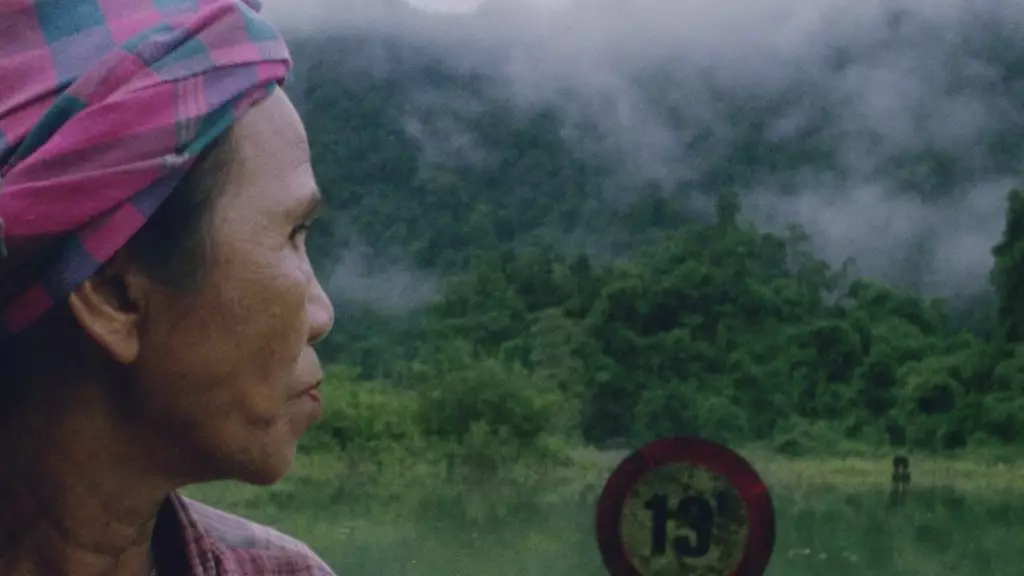The recent triumph at the Locarno Film Festival marks a pivotal moment in contemporary cinema, illuminating how innovative storytelling can resonate across cultures and generations. Sho Miyake’s *Tabi to Hibi* clinched the festival’s prestigious Pardo d’Oro, a reward historically reserved for groundbreaking films by Japanese auteurs. This win signifies more than just national recognition; it embodies the festival’s evolving embrace of diverse narratives that challenge conventional filmmaking standards. Miyake’s work, rooted in manga and infused with poetic visuals, exemplifies how cinematic artistry transcends mere entertainment—becoming a profound reflection of human nuance and existential longing.
This victory reaffirms Japan’s rich cinematic legacy, which has historically produced visionary directors and transcultural masterpieces. Miyake joins legendary names like Kinugasa and Jissoji—whose films shaped cinematic history—yet he also signals the future, blending traditional storytelling with modern sensibilities. The festival’s decision underscores a deliberate shift towards celebrating films that prioritize introspection, subtlety, and emotional depth over superficial spectacle. It’s a testament to the festival’s commitment to fostering fresh voices that challenge audiences to look inward and appreciate life’s quiet, often overlooked moments.
Literature and Reality Collide: The Artistic Significance of *Tabi to Hibi*
Based on the manga *Mr. Ben and His Igloo, A View of the Seaside* by Yoshiharu Tsuge, *Tabi to Hibi* exemplifies the power of adapting literary sources into visual storytelling. Miyake’s adaptation captures the manga’s contemplative tone, exploring themes of fleeting connection and introspective solitude amid contrasting seasons and mundane encounters. The film’s rhythm, marked by stillness and understated dialogues, invites viewers into a meditative space where the beauty of ordinary life is elevated to a poetic plane.
The film’s narrative structure, with its juxtaposition of summer and winter settings, emphasizes the transient nature of human relationships and the cyclical rhythm of life. Miyake’s use of subtle imagery and atmospheric soundscapes enhances this meditation, creating a cinematic environment that encourages viewers to reflect on their personal experiences of longing and alienation. Such works demonstrate cinema’s unique capacity to elevate everyday moments, transforming them into universal symbols of hope, resilience, and the search for meaning.
Documentaries That Illuminate Humanity’s Fragile Humanity
Parallel to Miyake’s poetic triumph, the documentary *Hair, Paper, Water* by Minh Quy and Graux expands the festival’s exploration of raw human stories. Shot on vintage Bolex over a span of three years, the film’s meticulous craft and intimate camera work portray an elderly woman’s life deeply rooted in tradition and loss. The documentary’s focus on preserving endangered language and maternal bonds offers a poignant meditation on heritage, memory, and connection across generations.
In a world increasingly dominated by digital immediacy, films like *Hair, Paper, Water* serve as a reminder of cinema’s capacity to capture the slow, delicate unfolding of everyday life—transforming ordinary moments into profound lessons about resilience and cultural continuity. The film’s acknowledgment with the Special Jury Prize signifies a broader recognition of stories that prioritize depth over spectacle, emphasizing that true cinematic power lies in its ability to evoke empathy and understanding.
Challenging Conventions: The Festival’s Vision for the Future
The 2023 Locarno Festival, under Giona A. Nazzaro’s leadership, has positioned itself as a beacon of forward-thinking artistry and hope. His words reflect a festival that values cinema not merely as entertainment but as a vital force uniting communities and inspiring change. This year’s winners exemplify this philosophy—films that are intellectually engaging, emotionally resonant, and culturally significant.
In a rapidly changing world, where technology often diminishes the human element, the festival’s focus on subtle, meaningful storytelling offers a vital counterbalance. It champions works that challenge audiences to look beyond the surface, to see films as reflections of their own hopes, fears, and dreams. By embracing a diverse array of voices—whether poetic, documentary, or experimental—Locarno proves that cinema’s true power lies in its ability to build bridges, foster dialogue, and nurture a collective sense of aspiration for a better tomorrow.
